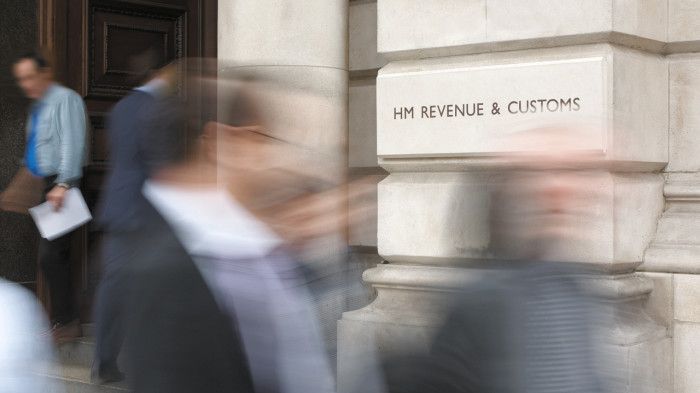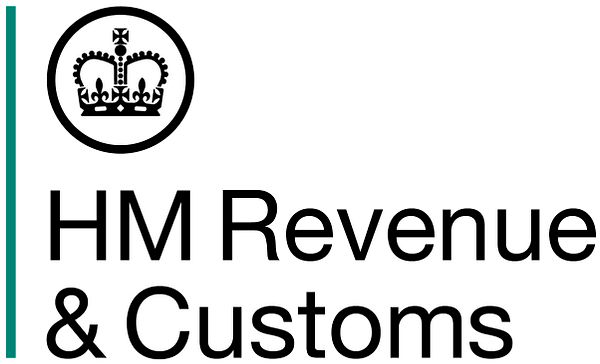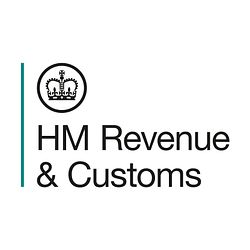
Press release -
Offshore tax evaders to face tough new criminal sanctions
Offshore tax evaders and the professionals who enable tax evasion will face even tougher sanctions under a new regime to crack down on offshore evaders, Financial Secretary to the Treasury, David Gauke, announced today.
The new regime, which HM Revenue and Customs (HMRC) will consult on from today, includes:
- A new criminal offence for offshore evasion – so in the worst cases it’s no longer possible to plead ignorance in an attempt to avoid criminal prosecution.
- A new criminal offence for corporates who fail to prevent tax evasion or the facilitation of tax evasion on their watch.
- Increasing the financial penalties faced by evaders – including, for the first time, linking a penalty to the value of the asset hidden offshore.
- New civil penalties on those who facilitate evasion so they will face the same penalty as the tax evader.
- Publicly naming both evaders and those who enable evasion.
Speaking at HMRC’s Stakeholder Conference in London, David Gauke said:
“Time’s up for people who don’t pay their fair share of tax by hiding their money offshore. People who evade tax, facilitate or turn a blind eye to tax evasion will now face powerful criminal and civil sanctions under our tough new regime.
“We’ve already seen over 90 countries across the world sign up to automatically exchange information on taxpayers. This, together with our new sanctions will mean there is nowhere left to hide for offshore tax evaders.”
In the last few years there has been huge progress in tackling offshore tax evasion. HMRC has already collected over £2 billion from previously undisclosed offshore income through agreements with Switzerland, Liechtenstein and the Channel Islands. As announced in the March 2015 Budget, these offshore disclosure agreements will close early (31 December 2015) and be replaced by a tougher last chance facility ahead of the automatic exchange of tax information with over 90 countries, including tax havens, from 2017.
Notes to Editors
1. The March 2015 Budget announced a toughening of the approach to tackling offshore tax evasion including early closure of the current offshore facilities, Liechtenstein Disclosure Facility (LDF) and Crown Dependency Disclosure Facilities (CDDF). The LDF opened in 2009 and will close on 31 December 2015. It has so far brought in £1.6 billion which would otherwise have gone largely uncollected.
2. Today, HMRC launched four consultations which will run from [16] July to 08 October (12 weeks) and ask for views on:
- A new corporate criminal offence of failure to prevent the facilitation of tax evasion https://www.gov.uk/government/consultations/tackling-offshore-evasion;
- A new criminal offence for offshore tax evaders https://www.gov.uk/government/consultations/tackling-offshore-evasion.
- Strengthening civil deterrents for offshore tax evaders https://www.gov.uk/government/consultations/tackling-offshore-evasion;
- Civil sanctions for enablers of offshore tax evasion https://www.gov.uk/government/consultations/tackling-offshore-evasion;
3. 6,500 people have so far registered to use the LDF, bringing in £1.6 billion which would otherwise have gone uncollected.
4. The Swiss Tax agreement has brought in over £1.2 billion.
5. The Government has also committed to bringing in an extra £5 billion a year by 2019-20 from tackling tax avoidance and tax planning, evasion and compliance, and imbalances in the tax system.
6. Follow HMRC Press Office on Twitter @HMRCpressoffice
7. HMRC's Flickr channel: http://www.flickr.com/hmrc.gov.uk
Topics
Issued by HM Revenue & Customs Press Office
HM Revenue & Customs (HMRC) is the UK’s tax authority.
HMRC is responsible for making sure that the money is available to fund the UK’s public services and for helping families and individuals with targeted financial support.

